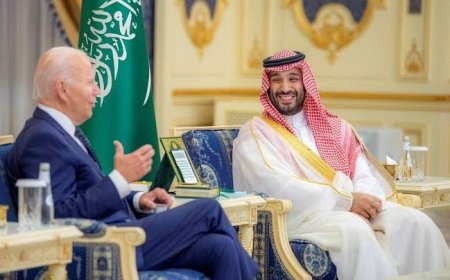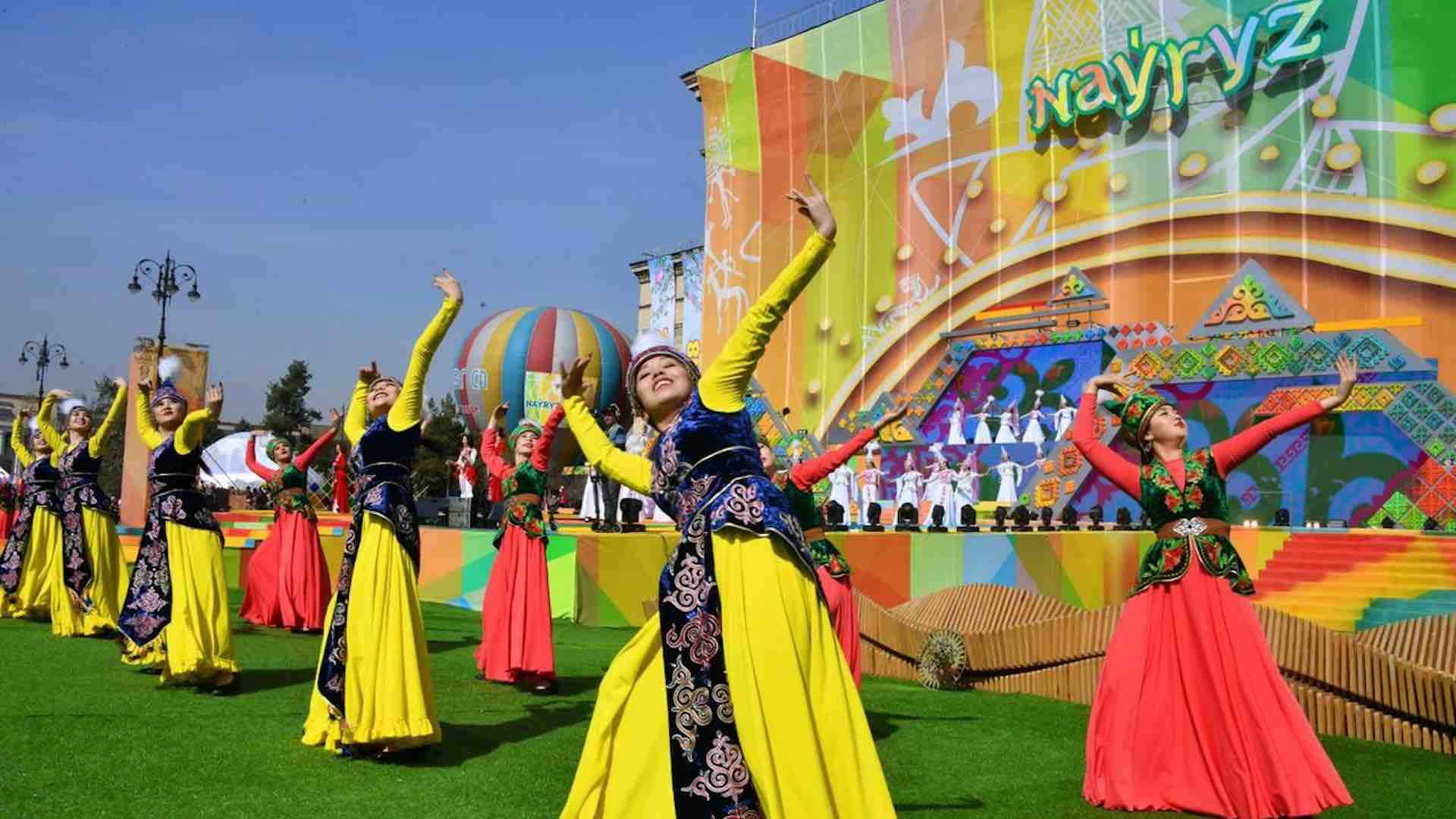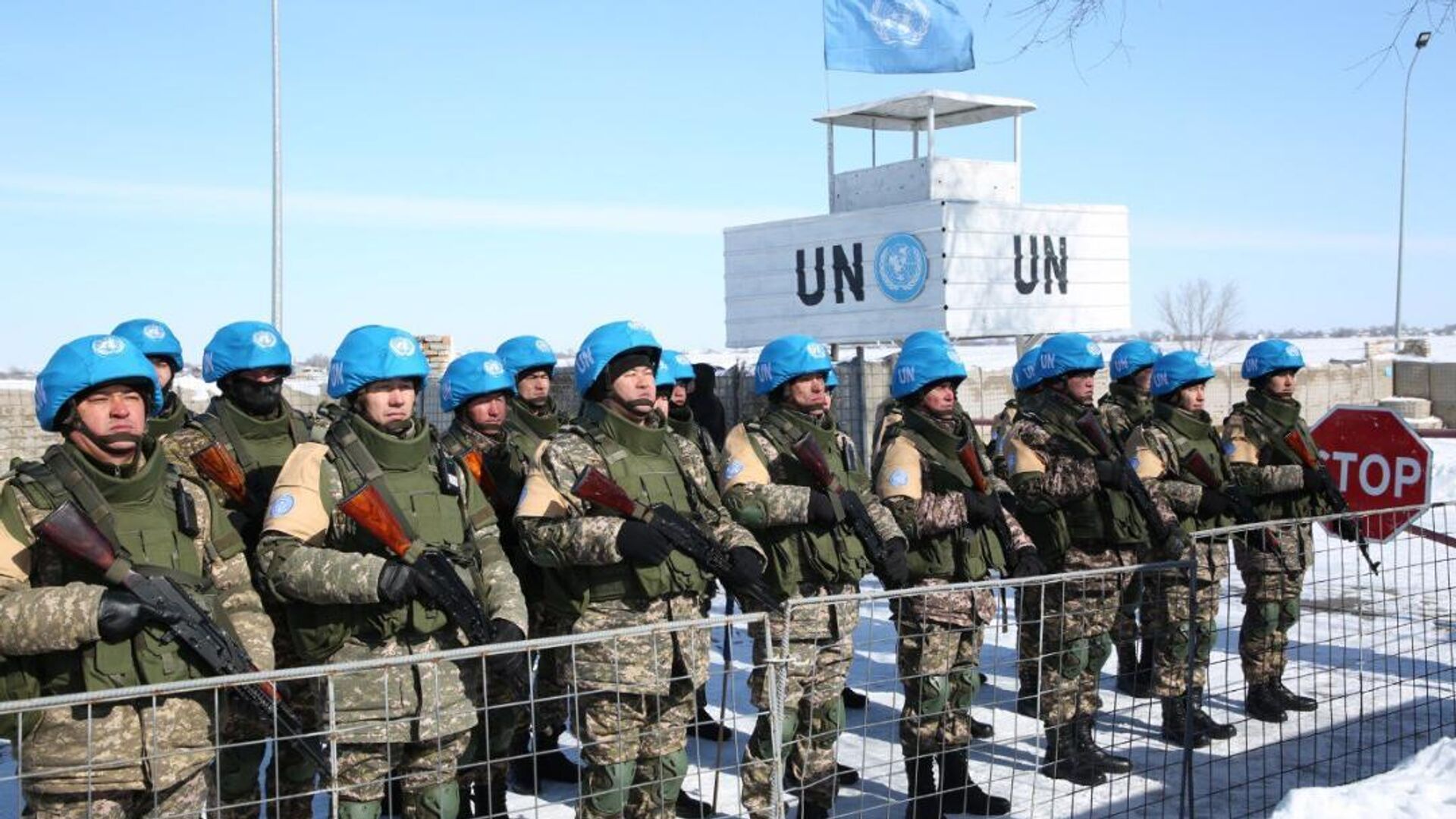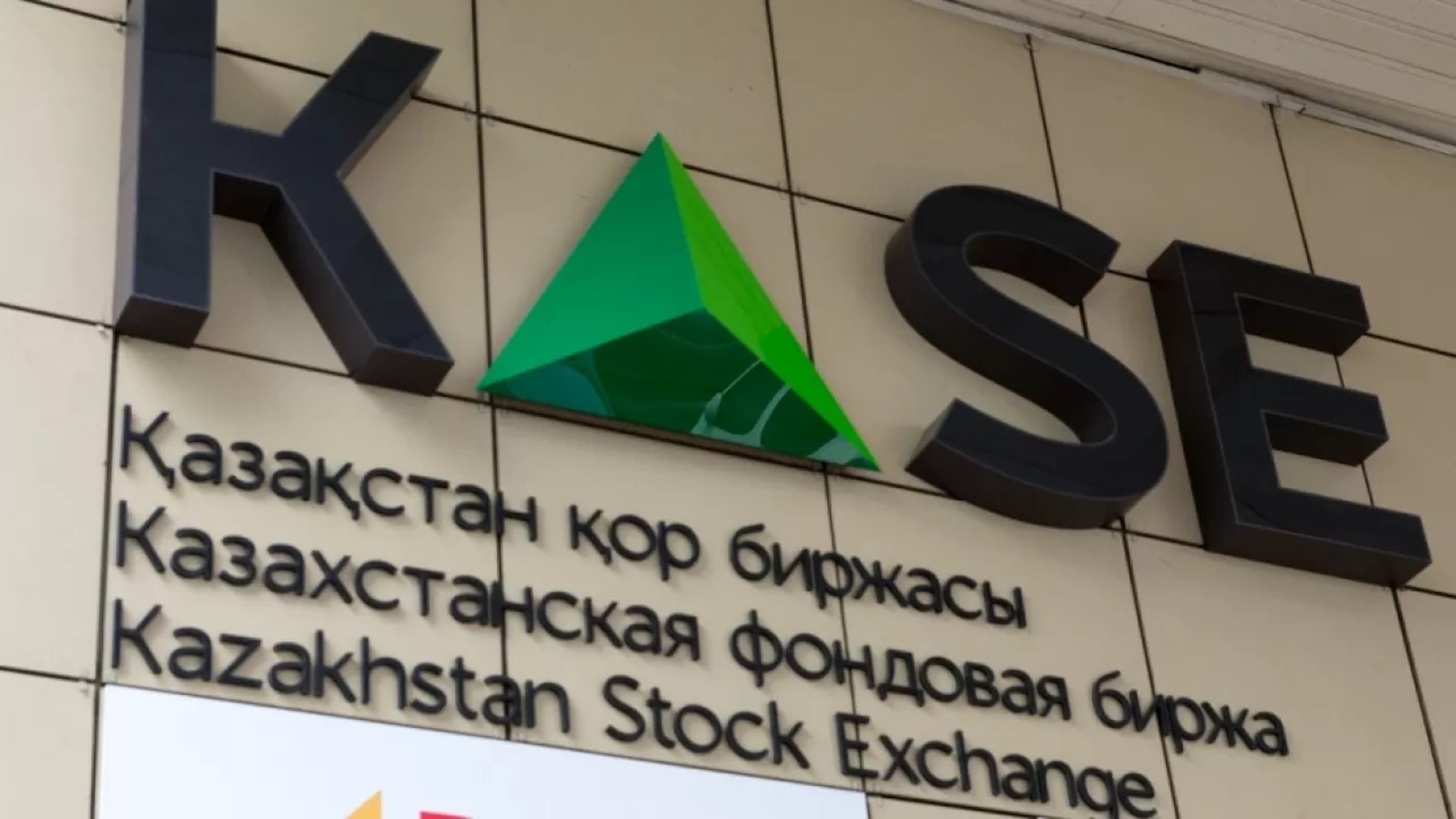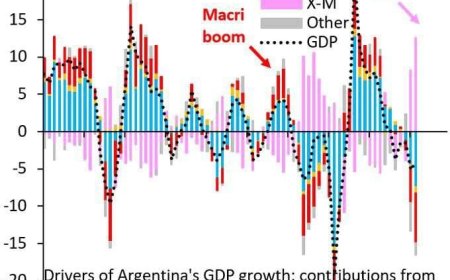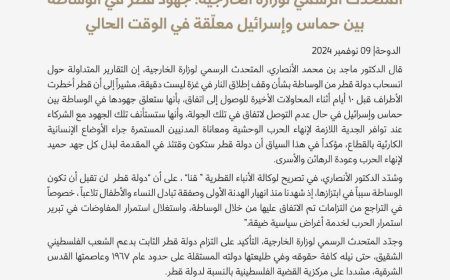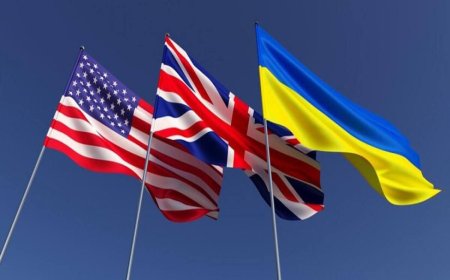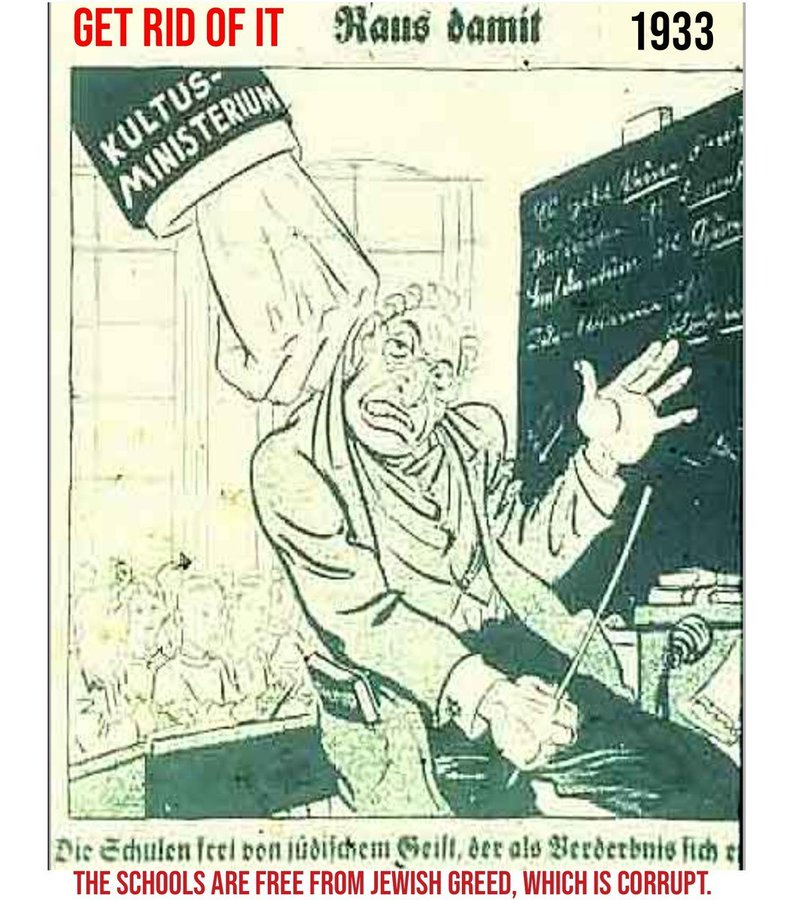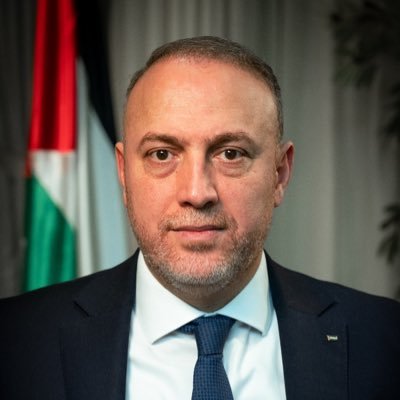Ahmed al-Sharaa: Transition Period in Syria Will Take Years
Ahmed al-Sharaa (also known as Abu Mohammad al-Jolani), the de facto leader of Syria, announced that the transition period would be lengthy, with years required to elect a president and hold elections. The temporary government is not yet transitional but is focused on preparing for a National Dialogue Conference, drafting a new constitution, and conducting a population census.

Key Statements by al-Sharaa
-
Current Political Situation:
- Temporary Government: The current government is temporary rather than transitional.
- The appointment of “monochromatic” ministers is justified by the need for harmony at this stage.
-
Stages of the Transition Period:
- Convening a National Dialogue Conference to include all segments of society.
- Formation of specialized committees to draft decisions and conduct voting.
- Drafting a new constitution, which may take up to three years.
- Conducting a comprehensive population census to prepare for elections.
-
Outlook:
- Organizing elections will require at least four years.
- Significant changes may become visible to Syrian citizens within a year.
Political Context
-
Role of the Temporary Government:
- It is laying the foundation for the transition period while maintaining stability and order.
- The government is primarily composed of members from the Hayat Tahrir al-Sham movement and Pan-Turkist ideologists.
-
National Dialogue Conference:
- Its goal is to unite fragmented groups and initiate the process of national reconciliation.
- Committees formed during the conference will design the roadmap for the transition.
Challenges and Issues
-
Length of the Process:
- The absence of clear timelines raises skepticism among citizens and the international community.
- Slow progress could exacerbate public dissatisfaction.
-
Inclusion of Diverse Groups:
- Ensuring participation from all ethnic, religious, and political segments is critical.
- The homogeneity of the temporary government could lead to mistrust.
Conclusion
Ahmed al-Sharaa calls for patience, promising that the transitional process will bring radical changes to Syria. Despite the long timeframe, his approach aims to establish stable governance institutions. However, the success of this plan depends on gaining the trust of citizens and securing international support.
The editorial board is not responsible for the content and accuracy of material taken, sent or obtained from other sources. The publication of such materials is for informational purposes only and does not imply automatic endorsement or approval of their content.



:focal(0.49:0.37):format(webp)/YXJ0aWNsZXMvaW1hZ2UvMjAyNS80LzIwMjIxMjAzLWdhZi11NTUtNzkwLmpwZw.webp?w=1920)

